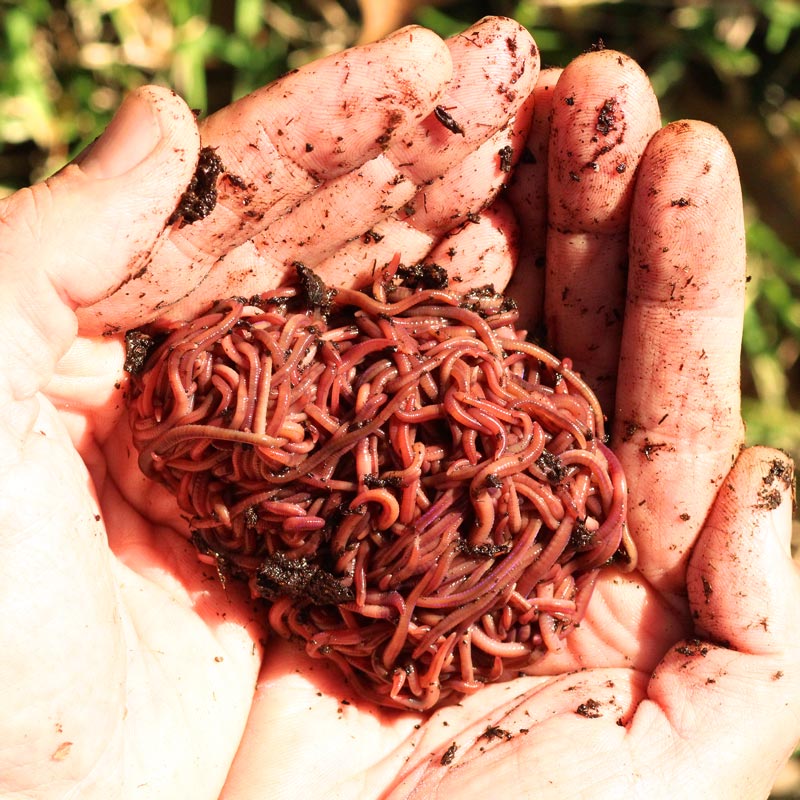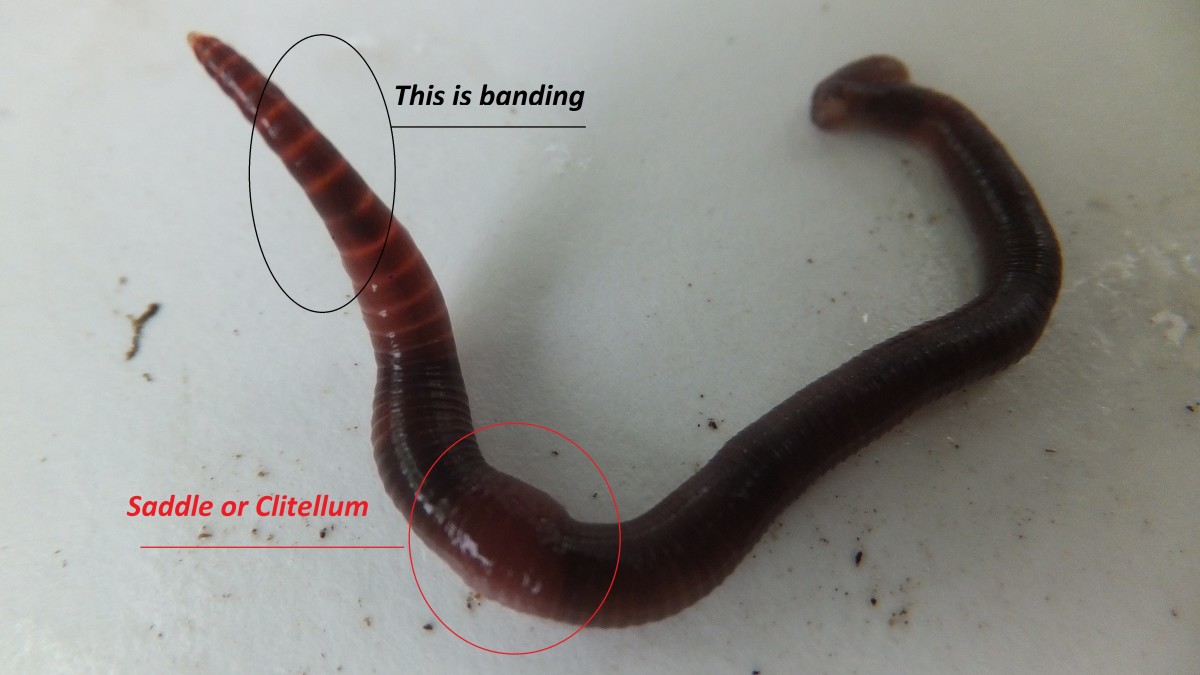Experience the Benefits of Using Red Wiggler Express for High-Quality Lawn Care
Experience the Benefits of Using Red Wiggler Express for High-Quality Lawn Care
Blog Article
Red Wigglers: The Unsung Heroes of Organic Waste Recycling
Red wigglers, or Eisenia fetida, work as vital representatives in the natural waste recycling process, transforming discarded materials right into important vermicompost. Their effective breakdown of natural matter not just boosts dirt quality yet likewise adds to lasting waste monitoring techniques. As the world significantly looks for remedies to combat waste accumulation and improve agricultural productivity, understanding the duty of these worms ends up being vital. What mechanisms enable them to grow in garden compost environments, and just how can they be effectively made use of in both domestic and commercial settings? Exploring these inquiries exposes the broader ramifications of vermicomposting in our environmental landscape.
What Are Red Wigglers?
The remarkable strength of red wigglers, medically referred to as Eisenia fetida, emphasizes their important duty in organic waste recycling. These little, reddish-brown earthworms are generally found in decaying organic issue, such as compost heap and manure loads. Lake Hickory Bait. Unlike various other earthworm types, red wigglers grow in nutrient-rich settings and are very effective at damaging down natural products, making them important for vermicomposting

(Red Wiggler Express)Along with their role in waste decrease, red wigglers add to dirt health and wellness by enhancing dirt framework and oygenation with their delving tasks (Lake Hickory Bait). Their existence in composting systems not just improves decomposition rates yet additionally promotes a sustainable method to throw away management, illustrating their significance in environmental conservation initiatives
Advantages of Composting With Worms
Composting with worms, particularly red wigglers, offers many advantages that enhance both waste management and dirt health. These worms effectively damage down natural waste, transforming it into nutrient-rich vermicompost that improves dirt. This procedure speeds up decomposition, permitting for a quicker recycling of kitchen area scraps and various other organic products compared to traditional composting techniques.
Furthermore, the vermicompost produced by red wigglers is brimming with beneficial bacteria, which help enhance soil structure, aeration, and moisture retention. This enhances the general health and wellness of plants, promoting energetic growth and raised returns in gardens and agricultural setups. The usage of worms in composting minimizes the manufacturing of greenhouse gases, such as methane, adding to a more lasting waste management system.

Exactly How to Start Vermicomposting
Establishing a vermicomposting system is an uncomplicated process that can yield considerable advantages for both waste management and soil enrichment. To begin, choose an ideal container, such as a plastic bin or wooden box, with appropriate air flow openings to ensure appropriate air movement. The measurements need to preferably be about 2 feet by 3 feet, enabling ample space for the worms to flourish.
Next, prepare bedding product, which can contain shredded newspaper, cardboard, or coconut coir. This bedding should be moistened to create an appropriate environment for the worms. When the bed linen remains in location, present red wigglers (Eisenia fetida) right into the container, commonly around one extra pound of worms for every single square foot of surface.
Adhering to the positioning of worms, add organic waste, such as fruit and vegetable scraps, coffee premises, and smashed eggshells. Avoid adding dairy, meat, or oils, as these can develop smells and bring in pests. Position the bin in a shaded, temperature-controlled area to maintain optimum problems for worm activity. With these steps, you will effectively start a vermicomposting system that adds to sustainable waste monitoring and enhances your soil.
Maintaining a Healthy And Balanced Worm Bin
(Lake Rhodhiss Bait)Keeping a worm container prospering requires normal interest and care to make certain the wellness of the red wigglers and the effectiveness of the composting procedure. Correct upkeep starts with keeping an eye on the dampness levels; the bin must be moist however not waterlogged. A good general rule is to preserve a consistency similar to a wrung-out sponge.
Aeration is critical also. Carefully blending the bedding and food scraps every few weeks avoids compaction and ensures that all worms have accessibility to oxygen. In addition, it is essential to feed the worms appropriately. A well balanced diet plan of fruit and vegetable scraps, coffee premises, and smashed eggshells must be provided in small amounts to prevent overfeeding, which can result in odors and pests.
If the bin becomes as well hot or cool, the worms might end up being stressed. By faithfully managing these factors, one can keep a durable and effective worm container.
Effect On Lasting Living
The successful upkeep of a worm container not just profits the health and wellness of red wigglers however likewise contributes dramatically to lasting living practices. By reusing organic waste, such as kitchen area scraps and yard debris, red wigglers assist divert considerable quantities of material from landfills. This decrease in waste not just decreases greenhouse gas emissions why not try here but likewise minimizes the ecological problem connected with waste monitoring.
In addition, the spreadings produced by red wigglers function as a nutrient-rich organic fertilizer, enhancing dirt health and advertising plant growth. This all-natural choice to chemical plant foods sustains sustainable farming and gardening techniques, minimizing reliance on artificial inputs that can hurt communities. In addition, worm composting cultivates recognition of waste management, urging individuals and neighborhoods to adopt more sustainable routines.

Verdict
In recap, red wigglers serve as important factors to organic waste reusing with their reliable decomposition of organic products. By incorporating vermicomposting right into waste administration techniques, individuals and neighborhoods can considerably lower waste while promoting environmental sustainability.
Report this page